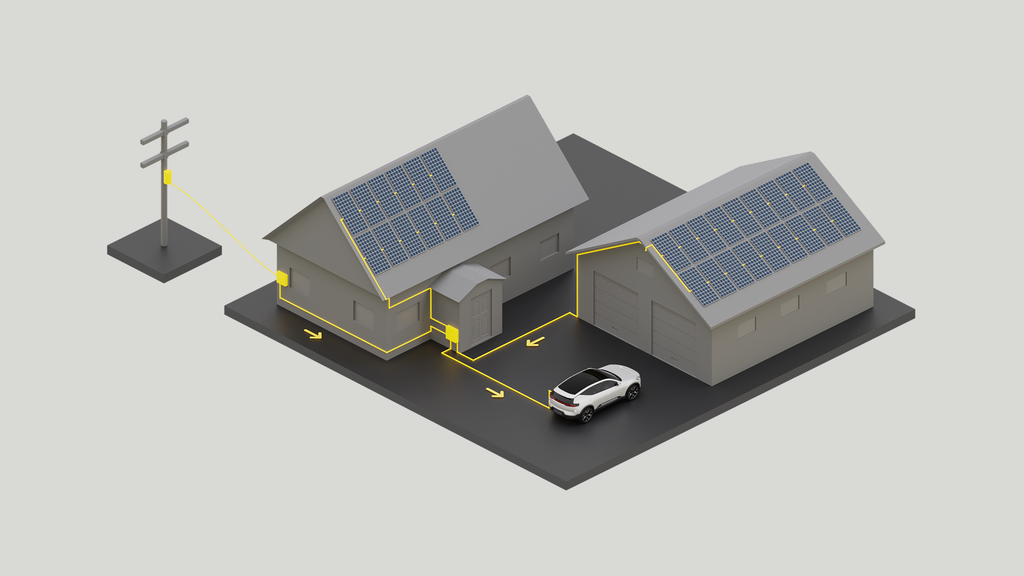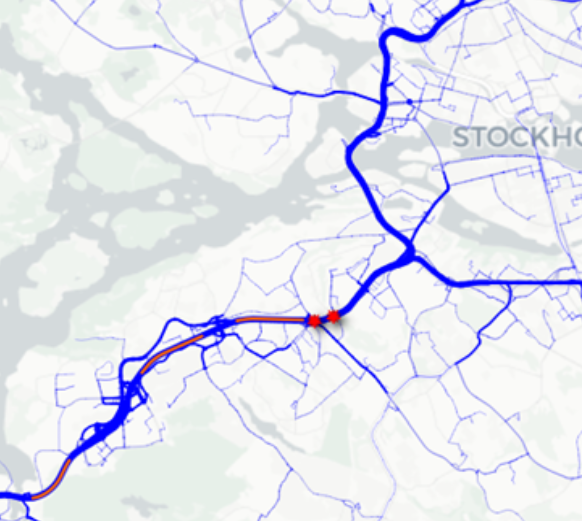Implementation Roadmap for Swedish Automotive Vehicle-to-Grid Services in California
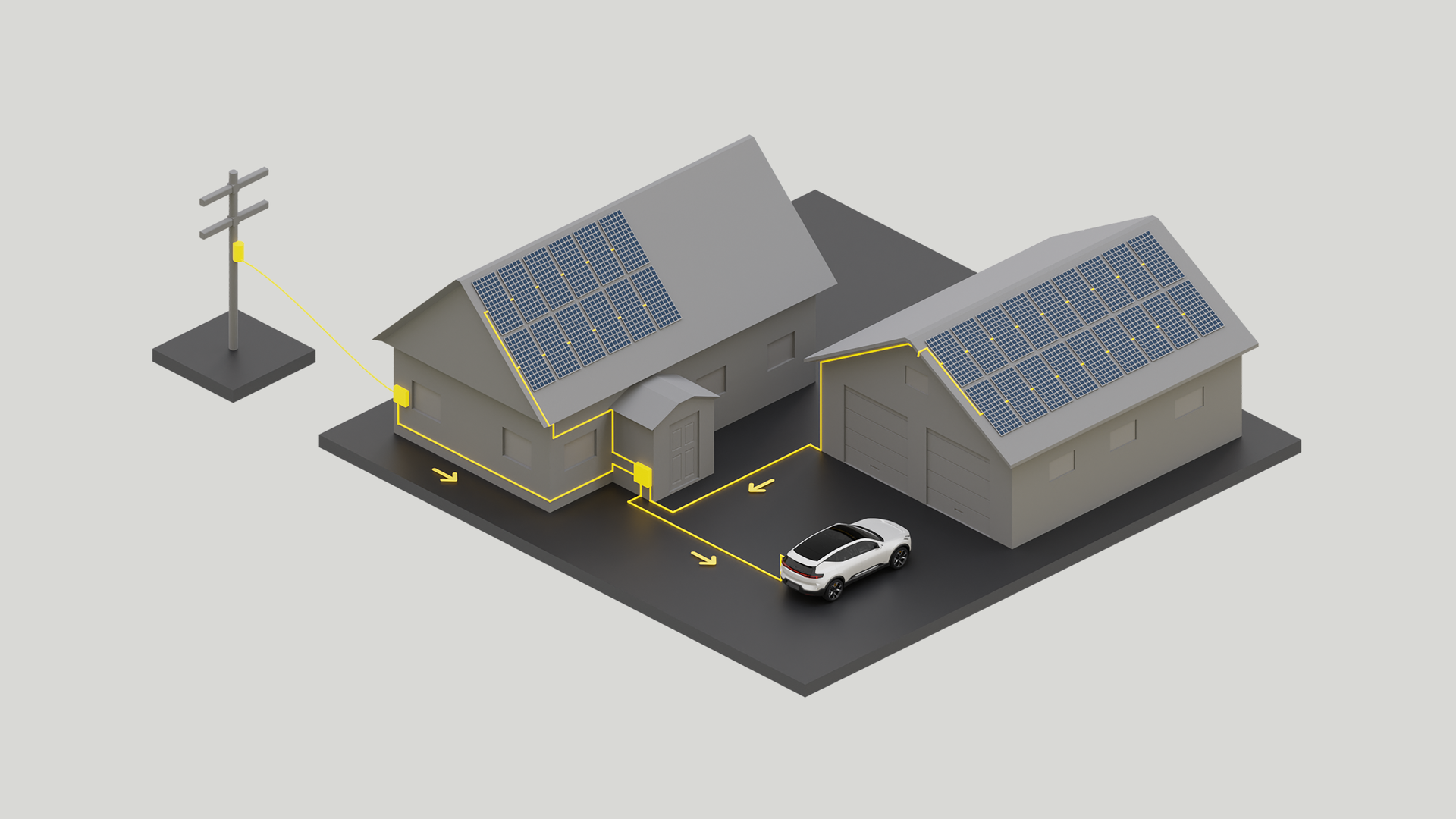
Electric Vehicles (EV) are undoubtedly a key piece of the solution to eliminating transport-related greenhouse gas emissions. However, as the number of EVs increases, so will the electricity demand. By 2030 around 4-5% of the share of Europe’s total electricity will be from the consumption of EVs. Providing this amount of electricity on-demand to a large fleet of EVs is challenging and requires heavy upscaling investment on the grid and electricity infrastructure.
The Vehicle-to-Grid (V2G) service is an important part of the solution to the challenge described above. Via the V2G service, EVs will be connected to the electricity grid and thereby, the storage capacity and the surplus of electricity within the fleet can be accessed. In other words, the V2G service transforms the fleet to a mobile power plant and by doing so, it will have the potential to solve the overall dynamic electricity demand. Basically, with V2G, the fleet of EVs will become part of the solution to the electricity demand, rather than the problem.
The project is a collaboration between Polestar, the Electric Power Research Institute and the California Energy Commission.
This feasibility project is a necessary step towards implementation of a V2G mobility service in Sweden and the USA. Collaboration between key technology providers, R&D partners and EV manufacturers (in both countries) can undoubtedly accelerate the implementation process. The outcome of this project will be a detailed V2G implementation roadmap which is tailored to the Swedish automotive industry and the state of California.
By the end of the project the team will discuss future collaborations with a focus on execution of the roadmap. WP4 also covers activities concerning the dissemination of results. The Polestar team will reach out to a wider audience about this project via channels such as the Swedish Electromobility Center. In addition, Polestar will use its position in the European project SCALE 17 and the FFI project PAVE 18 to inform other actors in Sweden and Europe, e.g., Vattenfall and Svenska kraftnät. EPRI and CEC will also use their network to inform the US public about this project.
Project manager: Emanuella Wallin, Polestar Performance Inc
Parties: Polestar Performance Inc, Electric Power Research Institute (EPRI)
Period: 2023 to 2025

Our innovation projects

A Design Framework for Women-Centered Mobility Hub
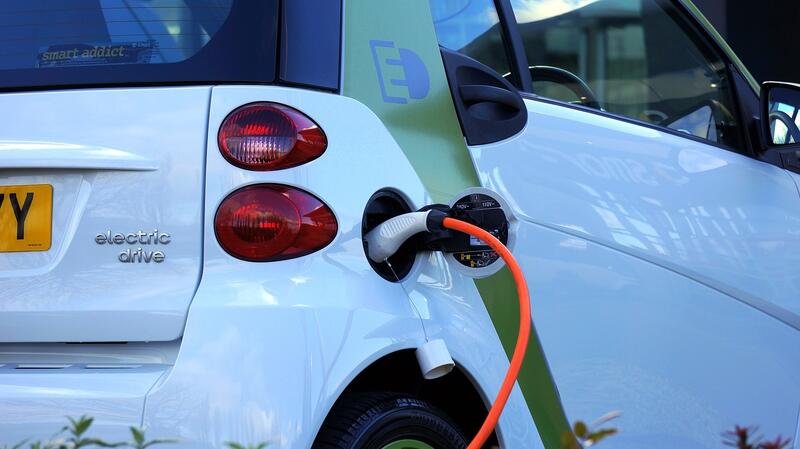
Advancing mobility through sustainable, robust, and innovative battery technology

AI Aware
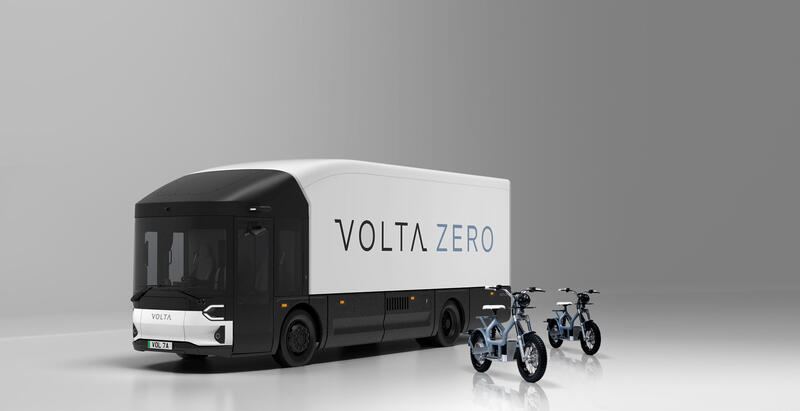
Carbon free zone for transportation of goods in San José

CyberMAP
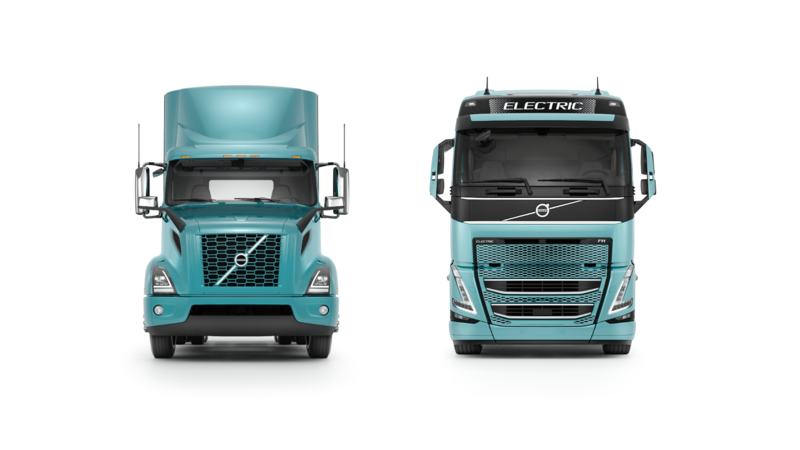
Exchange for more BETs
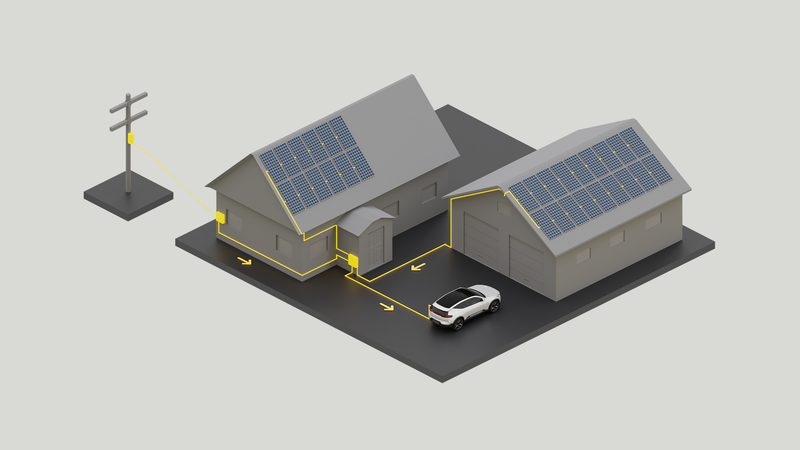
Implementation Roadmap for Swedish Automotive Vehicle-to-Grid Services in California

JustFuture

Shared Standards for Shared Mobility

Sustainable and low-cost methodologies for manufacturing high-performance composite materials
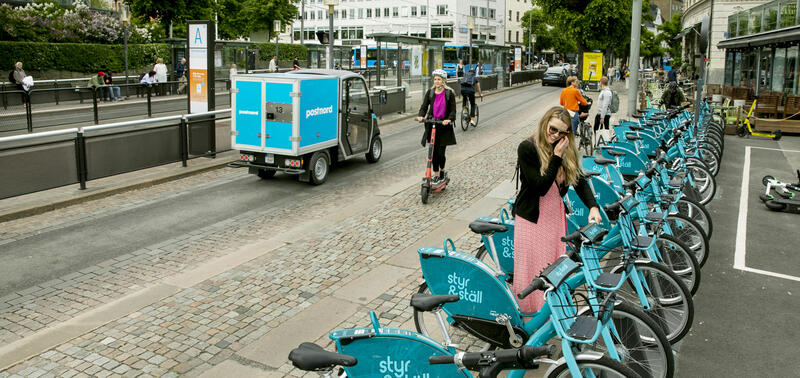
Sweden California CoLab

The Street Value Tool

Transatlantic Cooperation for Leveling Up MaaS
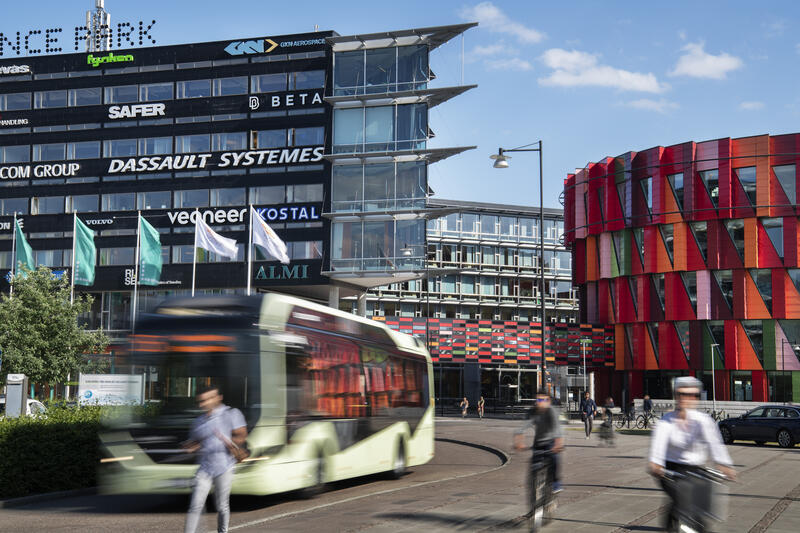
Transit Oriented Development (TOD), mobility hubs and Shared Autonomous Vehicles (SAVs)
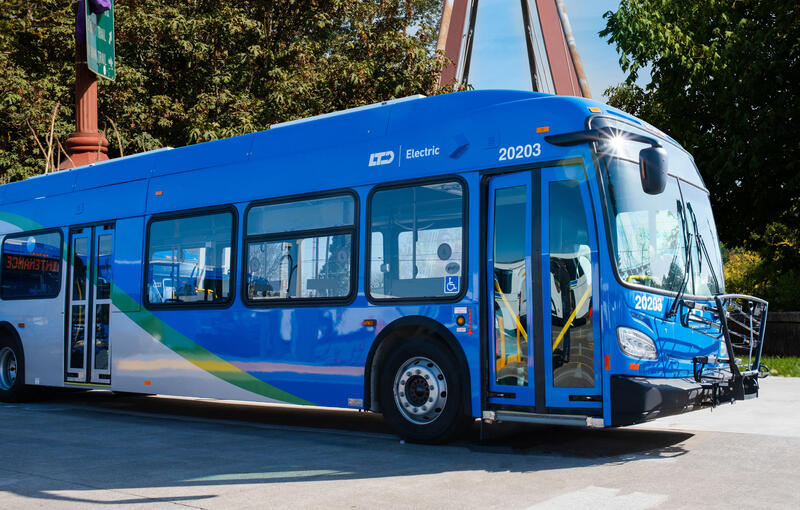
Triggering Regional Accessibility and Networks for Sustainable Intelligent Transportation


